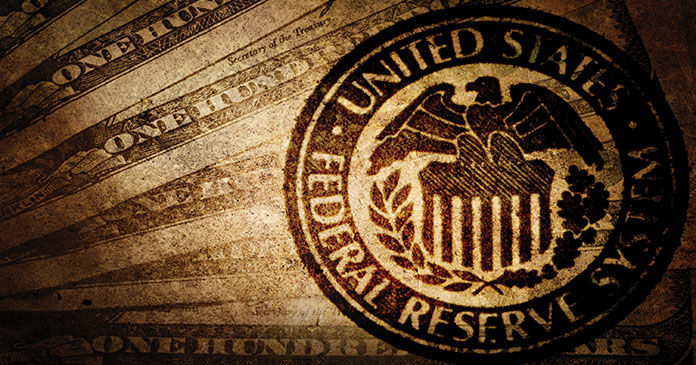Fitch Ratings downgraded the U.S. government’s credit rating weeks after President Biden and congressional Republicans came to the brink of a historic default, warning about the growing debt burden and political dysfunction in Washington.
The downgrade, the first by a major ratings firm in more than a decade, is evidence that increasingly frequent political skirmishes over the U.S. government’s finances are clouding the outlook for the $25 trillion global market for Treasurys. Fitch’s rating on the U.S. now stands at “AA+,” or one notch below the top “AAA” grade.
America’s reputation for reliably making good on its IOUs has cast Treasury bonds in an indispensable role in global markets: a safe-haven security offering nearly risk-free returns. Treasurys serve as a critical benchmark for returns on stocks and other bonds, because investors generally demand greater yields on any other securities that they buy.
Few investors believe that Fitch’s downgrade will immediately challenge that role. Still, it is the first time a ratings firm lowered its headline assessment of the U.S. government’s propensity to pay its bills on time since Standard & Poor’s in 2011 lowered its rating one notch below the top grade. That decision followed another tense debt-ceiling standoff in Congress.
Moody’s, the other member of the three big U.S. ratings firms, continues to give the U.S. its strongest assessment.
Fitch said that the downgrade reflects an “erosion of governance” in the U.S. relative to other top-tier economies over the last two decades.
“The repeated debt-limit political standoffs and last-minute resolutions have eroded confidence in fiscal management,” the agency said.
Biden administration officials criticized Fitch’s decision, blaming governance problems on the Trump administration and arguing that the U.S. was not at risk of missing its debt payments.
“The change by Fitch Ratings announced today is arbitrary and based on outdated data,” Treasury Secretary Janet Yellen said in a statement.
Congress passed legislation suspending the government’s borrowing limit in early June, just days before the deadline Yellen had given for when the government would become unable to pay all of its bills on time.
The eventual compromise, which set caps on federal spending and raised the debt limit for roughly two years, came after months of deadlock between Democrats and Republicans. Republicans had demanded spending cuts in an echo of previous clashes over government borrowing, which Democrats resisted for months. During the impasse, Fitch said it was considering downgrading the U.S.
Fitch said it expects the general government deficit to rise to 6.3 percent of gross domestic product in 2023 from 3.7 percent last year. The expected deficit growth reflects cyclically weaker federal revenues, new spending initiatives and a higher interest burden, Fitch said. The firm expects the U.S. economy to slip into a recession later this year.
Institutional investors and day traders alike rely on credit ratings to assess the risk that major borrowers such as governments and corporations won’t make good on debt that they owe. Low-rated institutions typically must compensate investors with higher interest payments in exchange for the privilege of borrowing.
Presiding over the world’s largest economy and in charge of its most important currency, the U.S. government is typically treated as among the safest borrowers anywhere. Banks and companies around the globe often think of U.S. Treasurys as if they are as reliable and liquid as cash—a premise that relies on sacrosanct confidence in the government’s ability to pay its bills.
Excerpt Matt Grossman, Andrew Duehren, wsj.com














